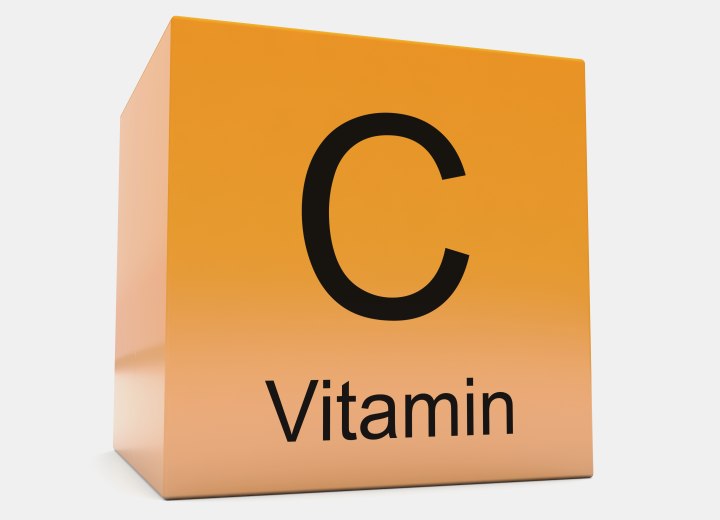Lighten Hair with Vitamin C

A: Yes, vitamin C tablets can potentially lighten hair, but this method comes with significant risks and unpredictable results that make it inadvisable for most people. Here's how the process works and why you should approach it with extreme caution.
Once the cuticle layer opens up, the vitamin C solution can penetrate deeper into the hair shaft where permanent hair dye molecules are lodged. This allows the acid to break down some of these color molecules, potentially lightening your hair or removing unwanted tones. Some people also use vitamin C to enhance natural sun-lightening effects, similar to how previous generations used lemon juice, which is naturally high in ascorbic acid, to accelerate the sun-bleaching process during summer months.
The most common home remedy involves crushing vitamin C tablets into a fine powder or purchasing ascorbic acid powder directly, then mixing it with a clarifying or alkaline shampoo to create a paste. This mixture is applied to damp hair and left on for varying amounts of time, depending on the desired results and the person's hair type. The theory is that the combination of the acid opening the cuticle and the strong shampoo washing away loosened color molecules will result in lighter hair.
However, this approach is fraught with potential problems and should be strongly discouraged for several reasons. First, the results are highly unpredictable and can vary dramatically from person to person, even when using identical methods. Your hair's porosity, previous chemical treatments, natural color, and overall health all affect how it will react to acidic treatments. What works for one person might cause severe damage to another.
More concerning are the potential adverse effects on your hair's health and integrity. Vitamin C is an acid, and prolonged exposure can cause significant structural damage to your hair shaft. This can result in increased brittleness, breakage, split ends, and an overall weakened hair structure that may take months to recover from, if it recovers at all. The acid can also cause unexpected color shifts, turning your hair brassy, orange, or other undesirable shades rather than the lighter color you were hoping to achieve.
The timing and concentration variables make this method particularly risky for inexperienced users. Too little vitamin C won't produce noticeable results, while too much can cause irreversible damage. There's no standardized formula or timing guide that works universally, leaving you to essentially experiment on your own hair with potentially damaging consequences.
Use any DIY hair lightening methods entirely at your own risk, and understand that the consequences may be irreversible and require professional intervention to correct.
©Hairfinder.com
See also:
Lighten hair with lemon juice
Natural way to get highlights